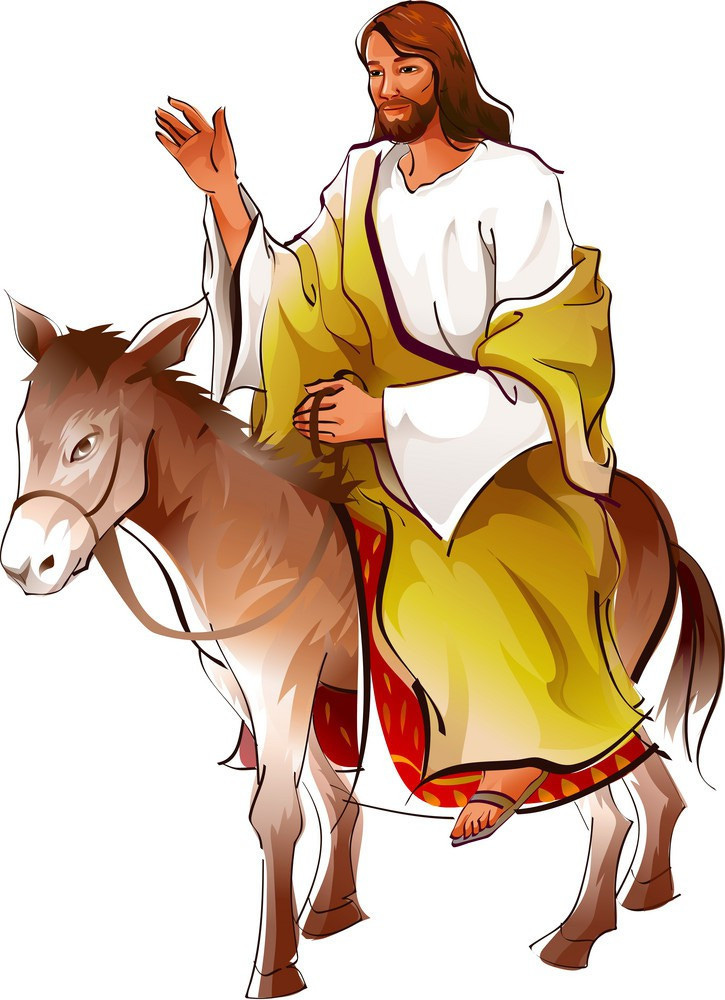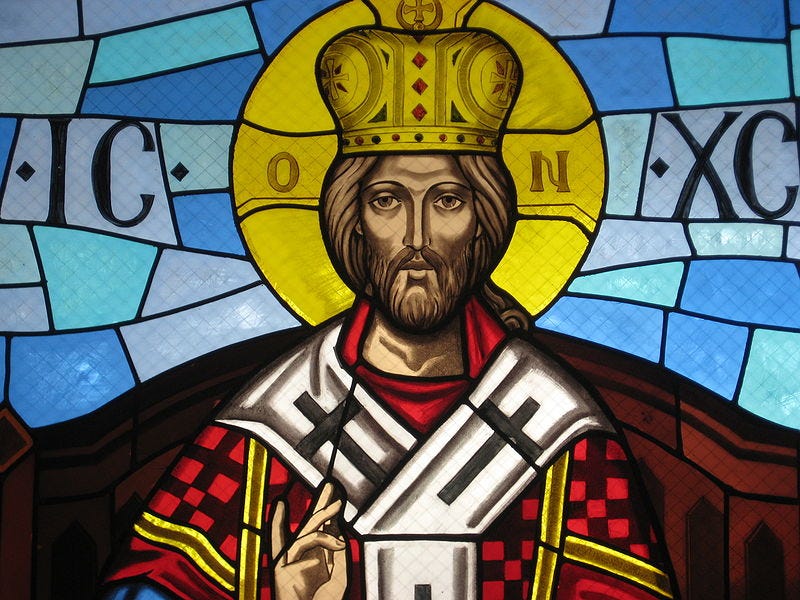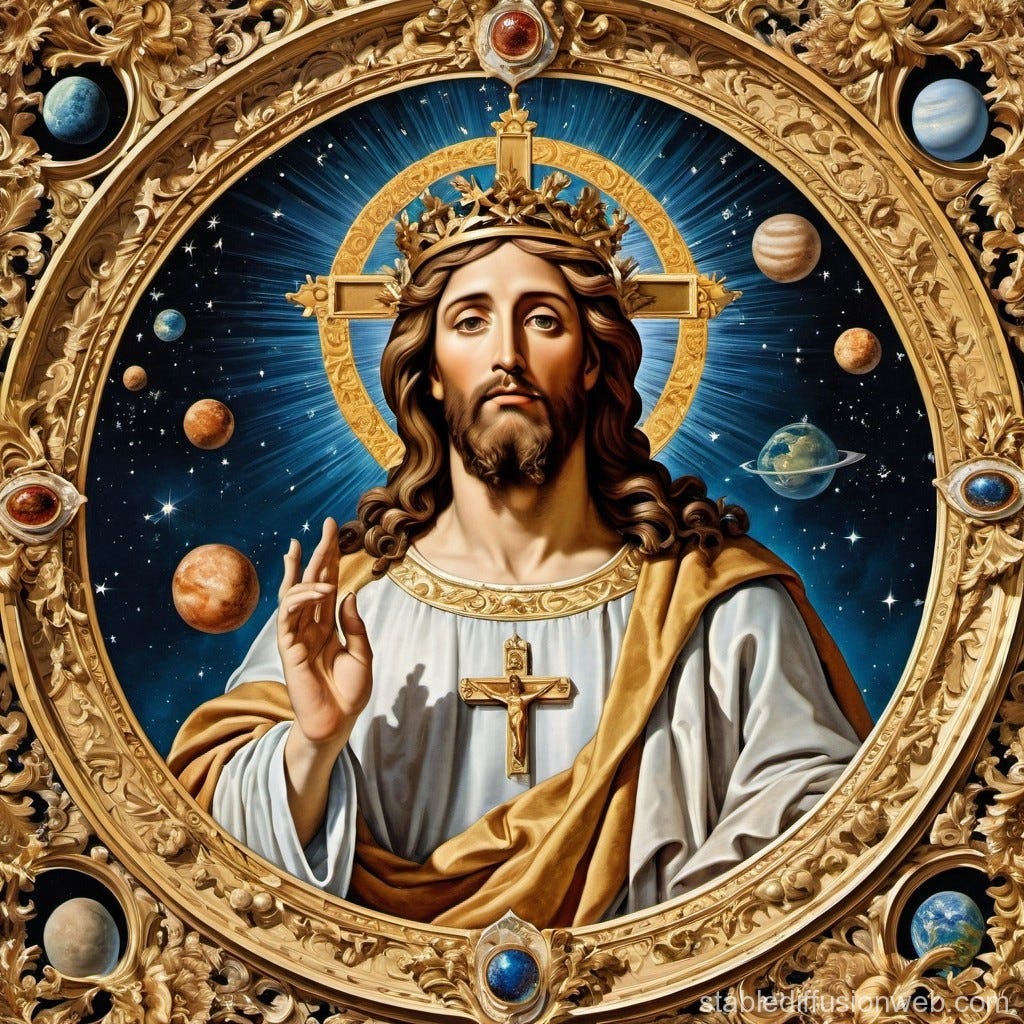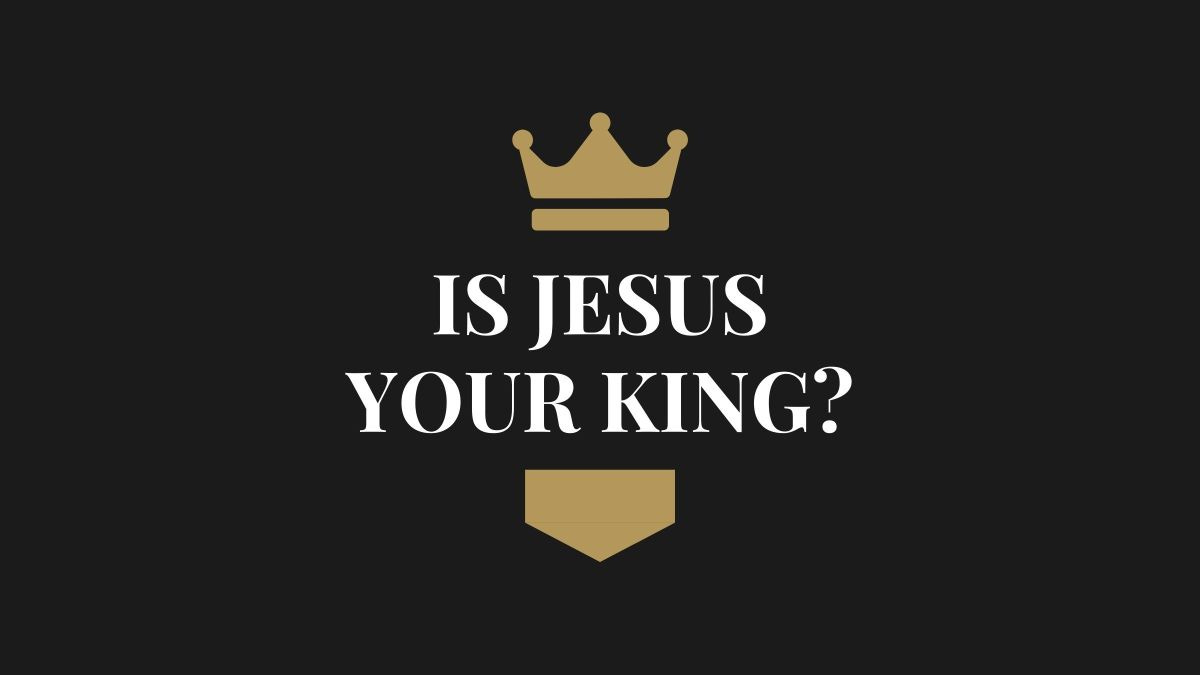Imagine a major celebrity arriving in your city. You expect a limousine, flashing lights, an entourage—but instead, a man steps out of a modest car wearing jeans and holding a coffee. The crowd stares in disbelief. “This is it?”
That’s a glimpse of what happened on the first Palm Sunday.
Jesus, the long-awaited Messiah, entered Jerusalem not on a warhorse, but on a donkey. Not with soldiers, but with humility. It was unexpected—and yet deeply intentional. Mark 11:1–11 tells us everything we need to know about who Jesus truly is. In this moment, we see Him clearly as the Triumphant King, the Davidic King, and the Cosmic King.
1. THE TRIUMPHANT KING
Jesus' choice to ride into Jerusalem on a donkey was no accident. It fulfilled the prophecy in Zechariah 9:9:
“Behold, your King is coming to you… humble and mounted on a donkey.”
In ancient times, kings rode horses into battle, and they rode donkeys during times of peace. Jesus was sending a clear message: He had come not to wage war, but to bring peace. The crowd shouted, “Hosanna!”—“Save us now!”—but they misunderstood the kind of salvation He offered. They wanted political freedom. He came to conquer sin and death through the cross.
His triumph would come not by taking life, but by laying down His own.
2. THE DAVIDIC KING
The crowd also cried out, “Blessed is the coming kingdom of our father David!” (Mark 11:10). This wasn’t poetic flair—it was a declaration. They saw Jesus as the fulfillment of the promise God made to David in 2 Samuel 7: that one of his descendants would reign forever.
Jesus was that promised King—the true heir to David’s throne. But unlike David, He didn’t enter Jerusalem with sword and shield. He entered with tears and grace. And though they didn’t realize it then, He came not just to restore Israel but to inaugurate an eternal kingdom that includes all nations.
3. THE COSMIC KING
Jesus didn’t just fulfill prophecies or connect to Israel’s royal line; He is the King of all creation. In Mark 11, He refers to Himself as “the Lord” who has need of the donkey. That’s not casual language—it’s divine. It echoes the name used for God throughout the Old Testament.
Colossians 1:16–17 says:
“All things were created through Him and for Him… and in Him all things hold together.”
The one riding the donkey is the same one who spoke galaxies into existence. He is not just the King of Israel—He is the Lord of heaven and earth.
IS JESUS YOUR KING?
The question of Palm Sunday is not “Is Jesus a King?”—but “Is Jesus your King?”
It’s easy to shout “Hosanna” when life is good, but will we still follow Him when His way challenges our expectations? The same crowd that welcomed Him with praise turned on Him just days later.
Jesus doesn’t just want your applause—He wants your allegiance.
This Palm Sunday, consider:
Does He reign in your decisions?
Your relationships?
Your time and desires?
The King has come. One day, He will return—this time not on a donkey, but on a white horse (Revelation 19:11), crowned with glory. Until then, lay down your crown at His feet.
Let Him be King—not just in theory, but in your heart.








Wow I loved this. Thank you Elvis and the team 🙏🏾✨